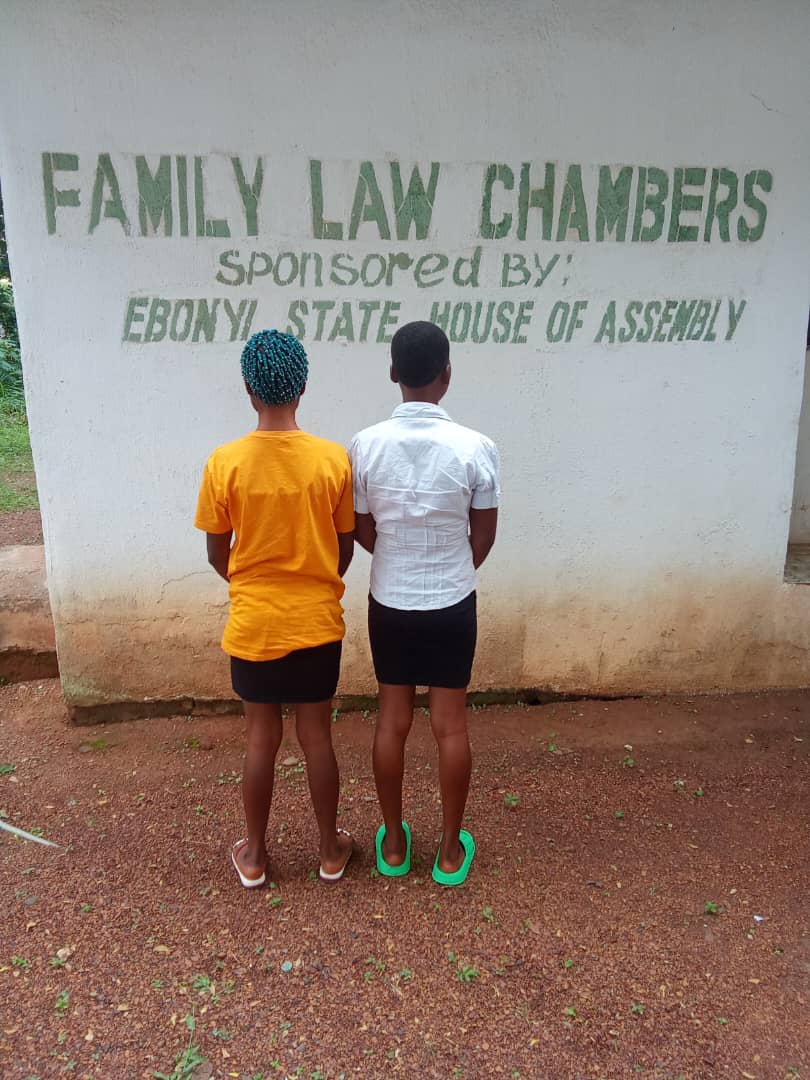- ‘Education, funding needed to embrace ranching’
BY TIMOTHY AGBOR, OSOGBO
The National President, Miyetti Allah Cattle Breeders’ Association of Nigeria, Baba Ngelzarma, has identified ranching as one of the means of ending the problems between farmers and herdsmen.
He said this just as he disclosed that over 700 Fulani herdsmen had been killed across the country, owing to the farmer-herder crisis.
Ngelzarma denied that the association was against ranching, saying cattle breeders had yet to embrace it because the system needed funding to be actualised.
According to him, many of his members need education and sensitisation to be able to abandon their old ways of pasturing.
Recall that suspected Fulani herdsmen had recently attacked some agrarian communities in Benue and Plateau States, killing scores and destroying farmlands with their cattle.
Reacting in an interview, MACBAN president blamed the attacks on those he described as cattle rustlers, saying these pastoralists moved with hundreds and thousands of cows, adding that they armed themselves with AK-47 and even robbed MACBAN members of their cattle in the forest.
He urged governments to assist cattle rearers with funds and education so that they could embrace ranching.
According to Ngelzarma, the association had commenced awareness creation for Fulani herdsmen on ranching.
“We have to go round the country to give orientation to pastoralists towards peace and pursuing their peaceful business of cow rearing.
“Cow rearing is a business. We are more of a trade group doing our legitimate business. We are not a criminal group and we also need protection from the government.
“For peace to reign, the government has to work hard. From November last year to May this year, we have lost over 700 people due to crisis from Oyo to Sokoto, to Gombe, to Niger, to Katsina, to Taraba, and so many other places. So, our members have become victims to banditry in Niger, victims for hunters in Oyo where hunters went on rampage and killed 11 pastoralists, eight were hospitalised in Iwajowa in Igangan. The report we had was due to farm destruction by herders.
“Same thing in Zamfara, the Fulani men have become extinct species and they are being hunted left, right and centre by the vigilantes, by the hunters and others,” he lamented.
He identified education and funding on ranching creation by herders as solutions to the crisis.
“There is nothing much we can do against our members, we can only create awareness. We can only compel them to pay whenever their cows destroy farms. Why should people take laws into their hands instead of reporting to security agencies when their farms are being destroyed?
“Our members don’t carry AK-47. Where you see a pastoralist carrying AK-47 openly, he must be a criminal and cattle rustler. They move in their tenths with large cows and they must have stolen those cows from harmless pastoralists. That is where the problem is. They move freely with these arms and wherever they find a pastoralist moving with cows, they kill him and take away the cows,” MACBAN president noted.
Ngelzarma added, “The National Livestock Transformation Plan is capital-intensive. How will a smallholder herder be able to build a ranch that will accommodate about 600 to 800 cows? Herders are always at the receiving end of these policies. These herders are living in the forests with what they have. They are living in vulnerable conditions with all they have. They always move with their health and their families so they require protection. This is because they are doing business.
“Cattle rearing is a business. So, they also require protection like any other businessman. From the insurgency in the North down to whatever forms of crisis down South, herders remain at the receiving end. But they get no support when they lose any cattle or fortune. No one gives them palliatives. There are no forms of support. This is the lack of support we are crying about. There is no education and there is no plan.
“When we speak of livestock, we are speaking of 98 per cent of the Fulani populace in the country. What we are saying is that they require attention in the education sector, the agricultural and livestock sub-sector and in training in other forms of skills. This is what we have been crying about.
“We are not opposed to ranching or settlements. We want the herders to settle in one place. That is what will solve the problems. As long as they continue to roam the wild, they will continue to have trouble. Now, the pastoralists and the farmers are becoming suspicious of each other unlike before when there was very good communication between them. Now, there is a lack of good communication between them. It has been replaced by confusion. We need a model that will educate the herders through formal and informal education first before implementation. The herders also need other skills beyond cattle rearing. Education, as we know, is power. These are the things we are requesting from governments.”

